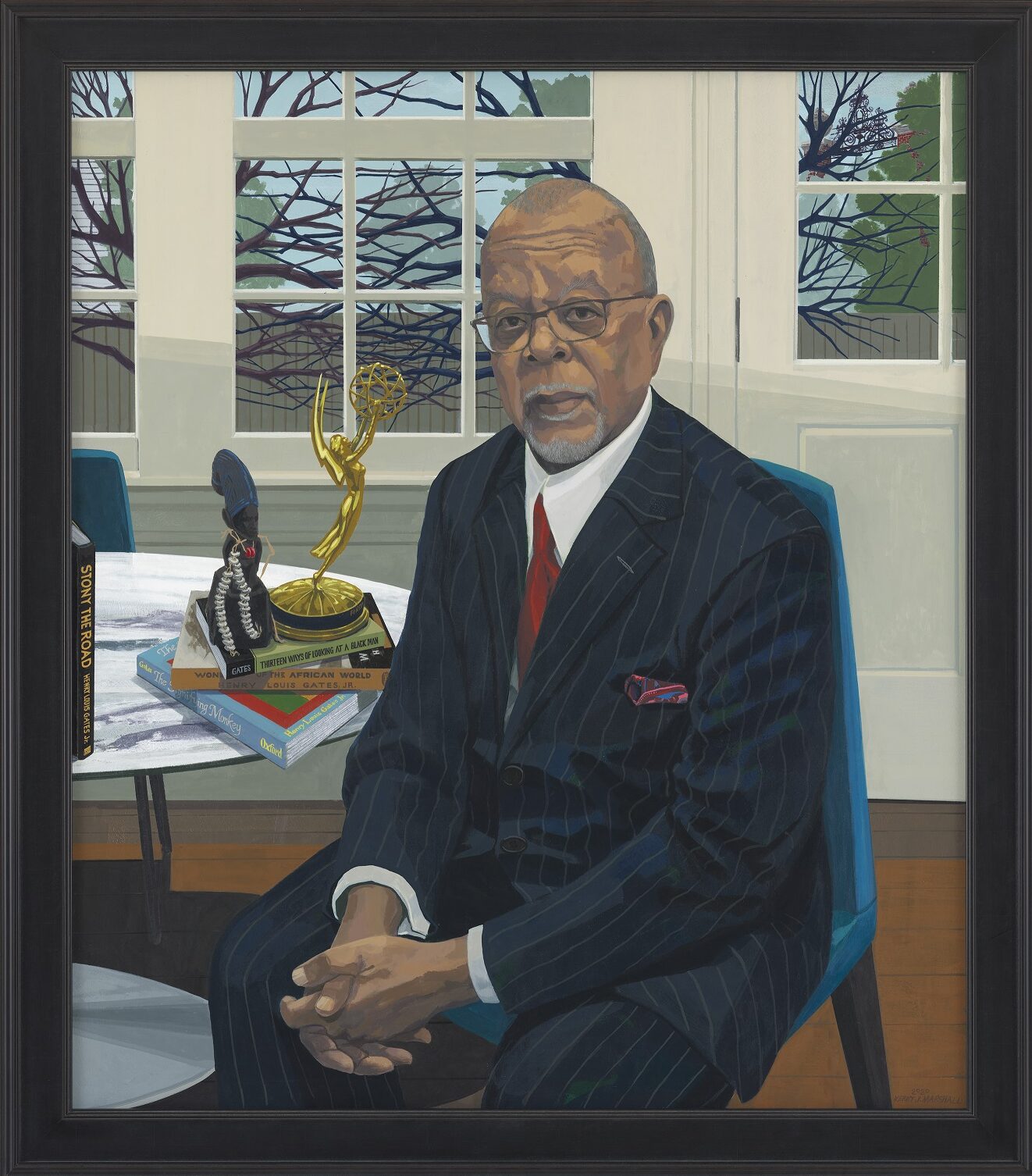
About us
FUTURE LEGACIES is an online community commissioning platform foregrounding Black creative expression, knowledge and experience.
Part of the Fitzwilliam Museum’s Public Programme, the Future Legacies mission is to build an intergenerational community of exchange, connection and enquiry through the lens of Black Atlantic thought.
The Black Atlantic is filled with the limitless potential for a culture that is African, American, Caribbean and British.
The Black Atlantic
Paul Gilroy’s seminal book, The Black Atlantic: Modernity & Double Consciousness (1993), argues that Black identity is multifaceted and multinational, and transcends the boundaries of any single or geographical place.
As a borderless conceptual space, the Black Atlantic is an idea filled with limitless potential for a culture that is African, American, Caribbean and British at the same time – a boundless space where the entanglements of Black expression and community can be explored, celebrated and shared.
The term Black Atlantic was first used by Robert Farris Thompson in his book, Flash of the Spirit: African and Afro-American Art and Philosophy (1983), to refer to the shared artistic practices, belief systems and the creation and transmission of new cultures among people of the African diaspora as they confront Atlantic enslavement, empire and their enduring afterlives.
Image below: Henry Louis Gates Jr, 2020 © Kerry James Marshall. Courtesy the artist and David Zwirner, London
In 2019, the University had begun an investigation into its links to the history of enslavement. The 2022 report of that investigation marked the beginning of a new phase of engagement with these legacies, leading to two exhibitions at the Fitzwilliam Museum, Black Atlantic: Power, People, Resistance (2023-24) and Rise Up: Revolution, Abolition, Resitance (2025).
While both exhibitions brought together historic artworks and objects in conversation with works by contemporary artists, a more shareable, accessible space for contemporary Black voices to expand the historical narratives that have often excluded us became a necessity.
This site, hosted by the Fitzwilliam Museum’s Public Programme, aims to enable creative and critical explorations of the interconnections between colonialism, the University of Cambridge and our wider society today.

